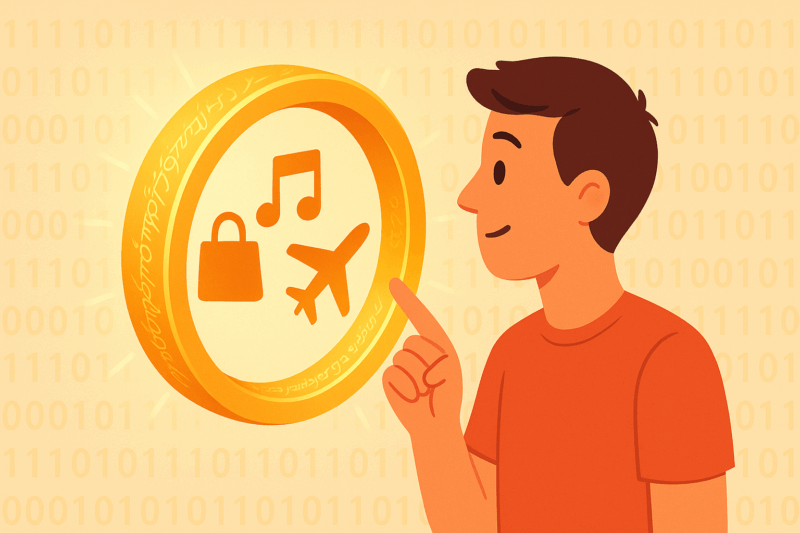
"Instead of going to separate tools, users can now access apps from brands like Spotify, Zillow, Canva, Coursera and Expedia directly in the chat itself. How it works. Users can either invoke specific apps by name (e.g., "Figma, turn this sketch into a diagram") or rely on ChatGPT's proactive suggestions, based on the context of their queries - such as surfacing Booking.com when discussing travel plans. This positions apps as actions, not just tools - all inside a conversational flow."
"While not a literal operating system, ChatGPT is evolving into an interface through which users access and interact with software and services - one that's contextual, persistent and adaptive. Nick Turley, who leads the ChatGPT product, described this future as a super assistant that becomes central to how users get things done. "If we can evolve ChatGPT the right way, if we can let people build into it, then maybe you will be spending a lot of time in ChatGPT, the sort of operating system,""
OpenAI integrated third-party apps directly into ChatGPT responses, replacing the separate GPT Store model. Users can invoke apps by name or rely on ChatGPT's proactive suggestions based on query context, and apps appear as actions within the conversational flow. Brands such as Spotify, Zillow, Canva, Coursera and Expedia can be accessed inside chat. ChatGPT is evolving into a conversational operating system-like interface that is contextual, persistent and adaptive. The integration creates a high-intent distribution channel that could reach about 800 million users at the moment of intent. OpenAI seeks revenue from this channel as usage and integration expand.
Read at MarTech
Unable to calculate read time
Collection
[
|
...
]